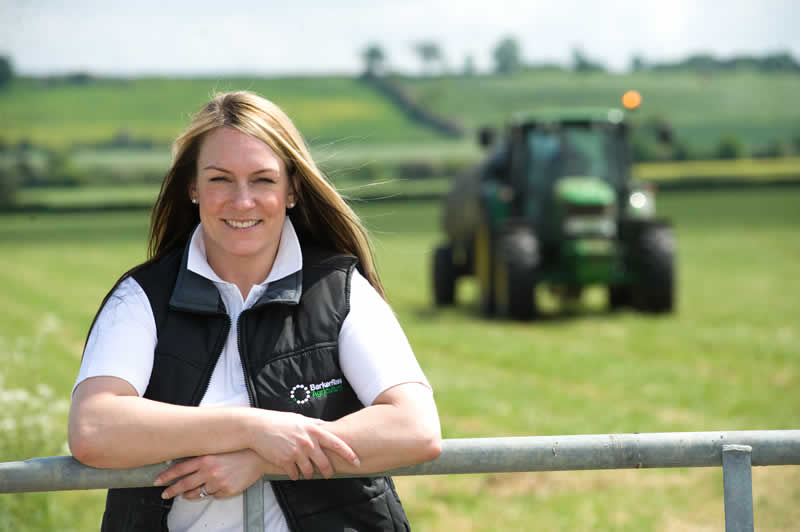
Barker Ross Agricultural has urged farmers to plan ahead more when booking temporary labour as existing booking patterns are breaking down due to unreliable weather and shifting seasons.
Rachel McCarthy, business development manager for Barker Ross Agricultural says:
“This year we’ve really been affected by changing patterns with some traditional ‘seasons’ almost disappearing.”
“For the first time in my ten years working in the industry, we didn’t have an asparagus ‘season’, as the weather meant that crop levels were so poor farmers didn’t need additional temporary labour.”
“So I want to urge farmers to book a ‘season’ ahead, by which I mean that they should try and assess when crops will be ready to harvest or plant, a few weeks before they need extra labour.”
And there is plenty of evidence showing that seasons are shifting. Earlier this year an Oxfam survey in the developing world found people reporting that transitional seasons like spring have shrunk or disappeared altogether, being replaced by long periods of heat with shorter warmer winters.
In the UK, the drought conditions earlier this year followed by the record rainfall in April and June have harmed the prospects of this year's British pea crop. Also the wet summer means traditional summer vegetables are being imported, such as onions from Argentina and cauliflowers from New Zealand.
McCarthy continues: “At the moment farmers are giving us little notice and ring when crops need planting or picking. The problem is, that the ‘seasons’ are not starting at the usual times and teams that usually work on a one crop will still be occupied on another one that would have usually finished.”
“Normally we plan labour for harvest in June and July, which means starting our recruiting cycle in May. But because of the wet weather, the harvest has been really late which means those people we have recruited may now have other work or moved into other areas.”
“Because the recruitment process is quite time consuming as we thoroughly vet people, it can be difficult to provide workers that have gone through the proper process at short notice. We have managed so far, but going forward it would really help us farmers think ahead about what labour they need.”
